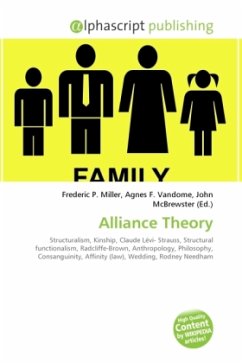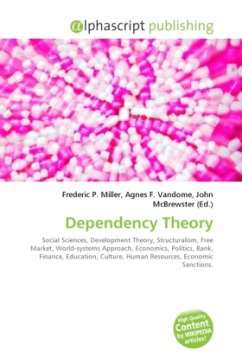The Alliance Theory (or General Theory of Exchanges) is the name given to the structural method of studying kinship relations. It finds its origins in Claude Lévi-Strauss's Elementary Structures of Kinship (1949), and is opposed to the functionalist theory of Radcliffe-Brown. Alliance theory has oriented most anthropological French works until the 1980s, and its influences were felt in various fields, including psychoanalysis (who shared the belief in a universal incest taboo), philosophy and political philosophy. Claude Lévi-Strauss's alliance theory was elaborated from a study of non-European societies, in which he observed close links between consanguinity and affinity. These two institutions, sometimes opposed and other times complementary, gave rise to a classification of the social world according to matrimonial rules. The hypothesis of a "marriage-alliance" emerged in this frame, pointing out towards the necessary interdependence of various families and lineages.
Bitte wählen Sie Ihr Anliegen aus.
Rechnungen
Retourenschein anfordern
Bestellstatus
Storno








